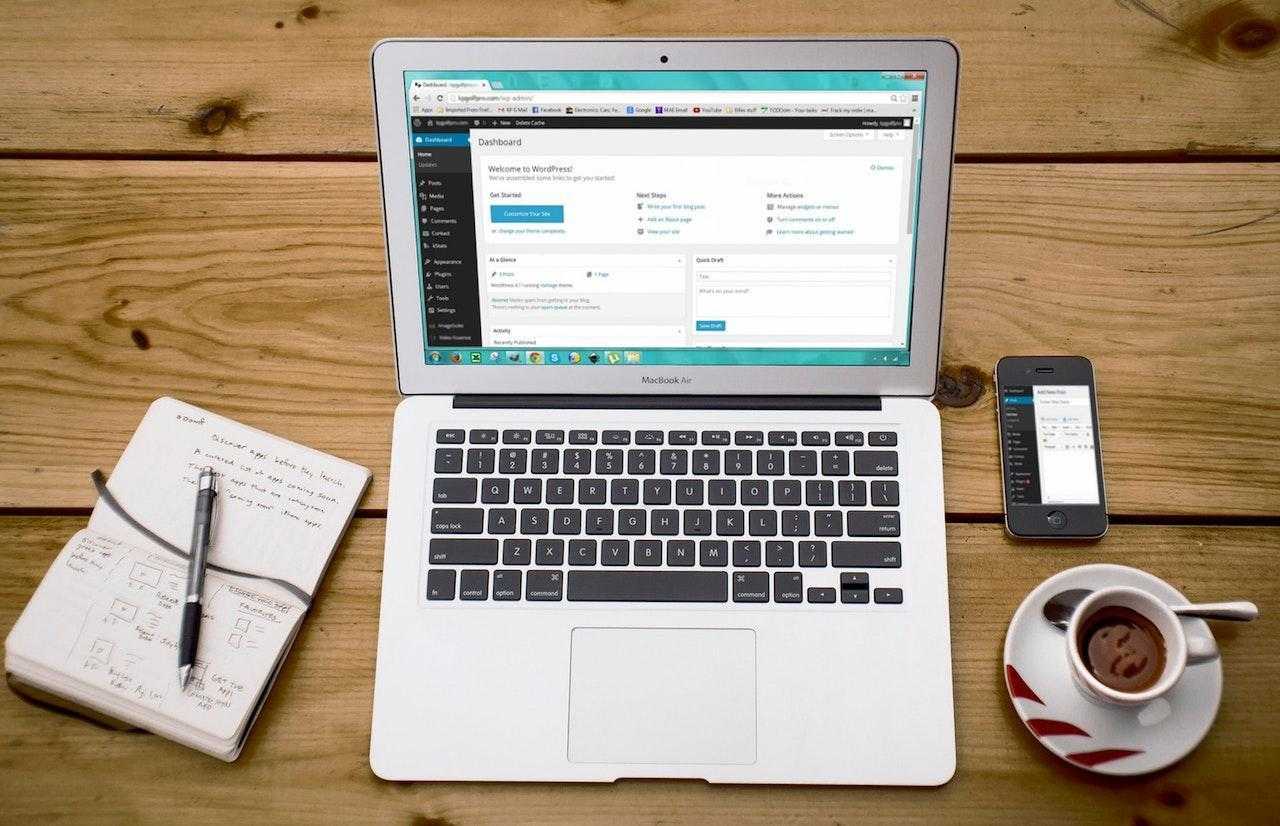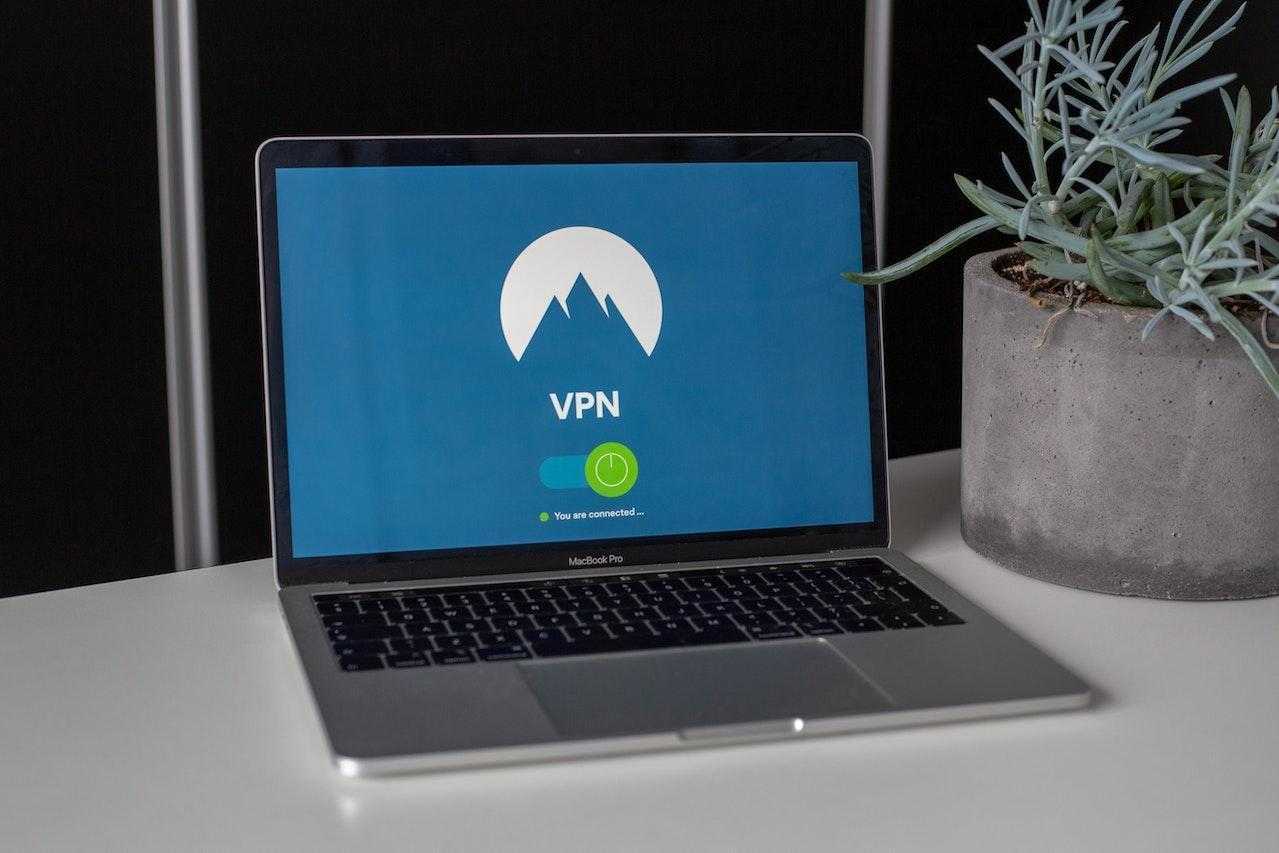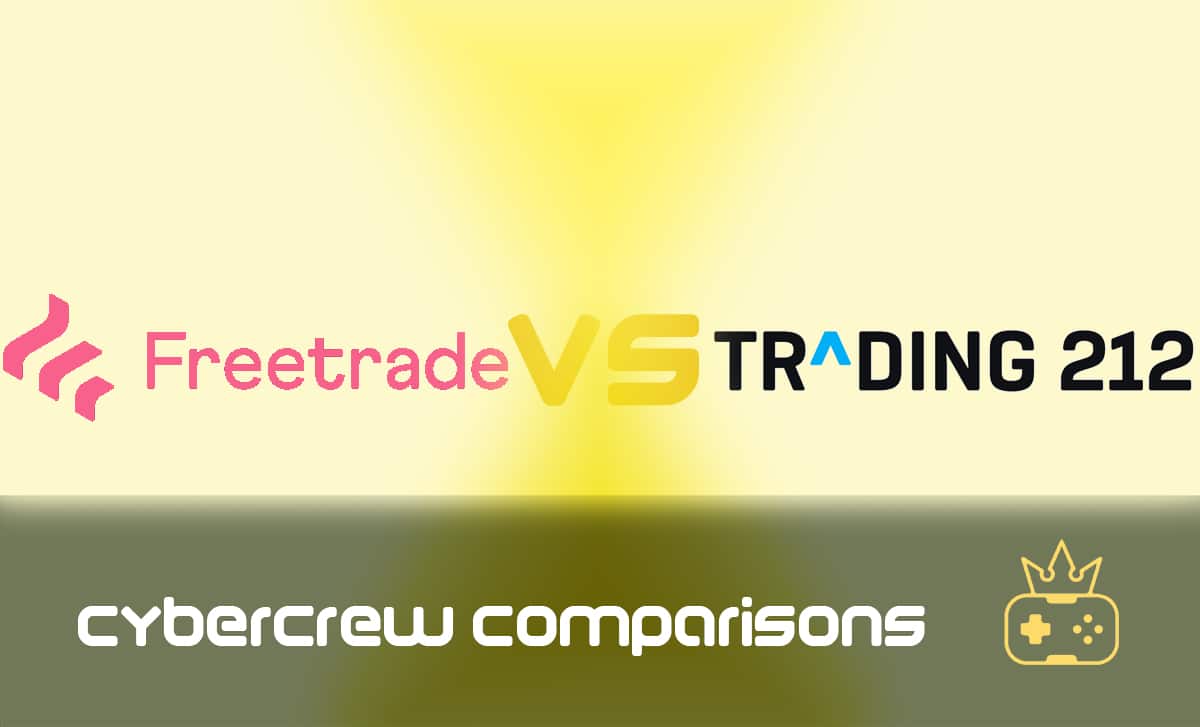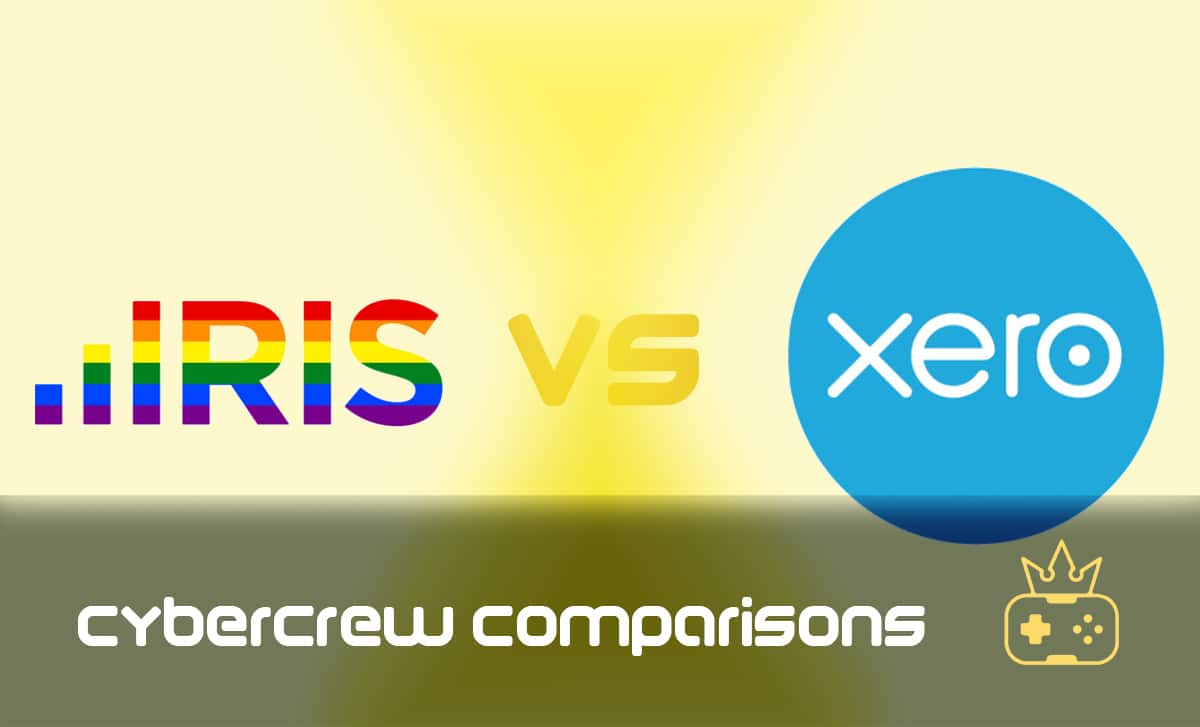Proxy vs VPN: What’s the Difference and Which One Is Better for You?
Last Updated: February 9, 2024
There are many different types of online security tools, but two of the most popular are proxies and VPNs. Although many might think they both do the same thing, the reality is, they’re quite different. So what exactly is the difference between proxy and VPN? What’s their function, which one is better, and why do we need them?
In this proxy vs VPN comparison, we will answer all of these questions and more!
What Is a Proxy?
A proxy has the function of an intermediary between your device and the website you want to visit. To be more specific, it hides your original IP address and displays another one — the proxy IP address.
Since proxies hide your real IP address and route your traffic through a middleman server, they allow you to access blocked websites. Some proxies will also encrypt your data, but these are generally quite slow and don’t offer as much privacy protection.
There are three types of proxies — HTTP proxies, SOCKS proxies, and Transparent proxies.
What Is a VPN?
A VPN, meaning Virtual Private Network, is a secure tunnel between your device and the internet. It encrypts all your traffic and keeps your data safe from prying eyes.
Aside from having the same function as a proxy and being ideal for activities like streaming TV shows and movies that are blocked in certain countries, its primary function is to encrypt your data and protect your privacy when using public Wi-Fi networks.
VPN vs Proxy — The Main Differences
How Are VPN and Proxy Different?
The difference between a proxy and a VPN comes down to what they are used for. A VPN is typically used for security purposes, whereas proxies are often used by people who want access to content that may be blocked in their country or region. That includes different content libraries of streaming services like Netflix.
VPNs are also a great option for individuals who need to access geo-blocked content while travelling abroad, but as already stated, their primary purpose is to protect your privacy from your Internet Service Provider (ISP) or when using public Wi-Fi networks.
That being said, the difference between proxies and VPNs goes beyond their purpose of use. So, here are some other aspects where these two online security tools differentiate.
Speed Difference
The difference in speed between a proxy and a VPN can be significant, especially if you’re streaming videos or downloading large files. Proxies are often much slower than VPNs because they have a slower infrastructure and fewer configuration options. That can cause buffering issues and make the streaming video look fuzzy.
Price Difference
The price contrast is yet another notable difference between a proxy and a VPN, especially since proxies are often free to use. However, even if that’s not the case, you will find proxies much cheaper than VPNs since they don’t encrypt traffic (which costs money).
However, that means that you won’t get the security that VPNs provide, so a cheap or free proxy might end up costing you your online safety and privacy.
Nevertheless, although VPNs cost more than proxies, that doesn’t mean a monthly VPN subscription will break your bank. Namely, one of the best VPN providers on the market — ExpressVPN, costs only £6.34 per month.
Which Is Better for Streaming?
While both proxies and VPNs can lower your internet speed, VPNs are much faster than proxies. So, naturally, you will find a VPN is much better for streaming your favourite TV show, hence the higher speeds.
If you want to check out some of the best VPN services for unblocking Netflix libraries, click here.
Which One Is Better for Online Safety, Privacy, and Security?
Since we already mentioned this, the short answer is obvious — VPNs are the better option for online safety, privacy and security. But why is that so?
First and foremost, a VPN works on the operating system level, so it will redirect all traffic that comes from your device, no matter if it comes from a browser or an app. Moreover, the secure tunnel that a VPN creates between your device and the internet also ensures all that traffic is encrypted.
In other words, a VPN prevents anyone from seeing your data or tracking your activity. That means your ISP won’t see what websites you visit or who you send emails to; it will only see encrypted data going through their servers. What’s more, VPNs protect your data even if you’re using an unsecured public Wi-Fi network.
Even if someone were to intercept your connection, they wouldn’t be able to read anything except gibberish; hence they’d have trouble deciphering what’s being sent.
On the flip side, a proxy only works on the application level, which means it will only redirect the traffic coming from one single app you will set it up with. More importantly, it won’t encrypt the rerouted traffic, so your ISP will be able to see everything you do online, and your sensitive information will be more susceptible to mishandling from prying eyes.
So, long story short — proxies are not as secure as VPNs.
Can You Use Both a VPN and a Proxy?
You can, but you won’t necessarily benefit from it. A VPN essentially has the same function as a proxy, which is hiding your IP address and rerouting your traffic, but it also features many more security advantages on top of the basics.
What’s more, if you try to use both simultaneously, you’ll simply add another unnecessary intermediary server that will only slow down your internet connection.
VPN vs Proxy — Which One Should You Choose?
There’s no right or wrong answer when choosing between proxy and VPN. It really comes down to what matters more to you — speed/price difference versus security/privacy difference.
VPNs and proxies both offer a way to improve your online security, but they do so in different ways. Which one is better for you depends on what you’re using it for. So if your sole purpose is to access geo-blocked content, a proxy is a better option than a VPN, but if you’re looking for increased privacy and security, then a VPN is the better choice.
We hope this Proxy vs VPN comparison helped you understand the difference between VPNs and Proxies, what they’re used for, and which one might be better suited to your needs!
If you have any questions about either of these services or their pros cons, please feel free to leave a comment below.



![How to Sell on Depop in the UK [2024 Guide]](https://cybercrew.uk/wp-content/uploads/2023/06/Selling-on-Depop-UK.png)


![Free Appointment Scheduling Software — UK Top Picks [2024]](https://cybercrew.uk/wp-content/uploads/2022/07/Free-Appointment-Scheduling-Software.png)



